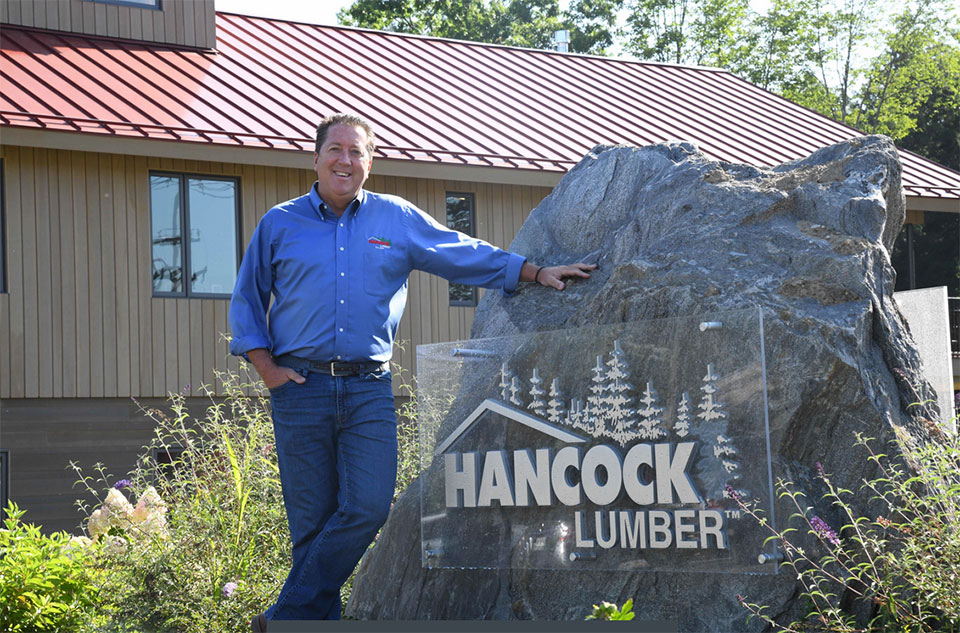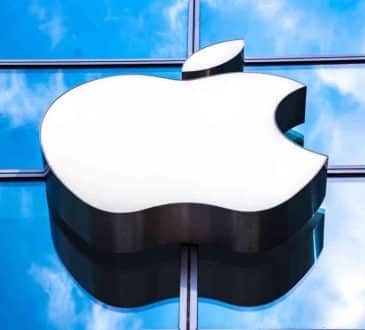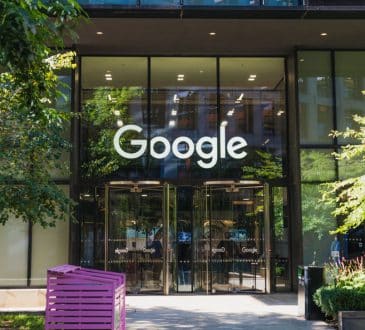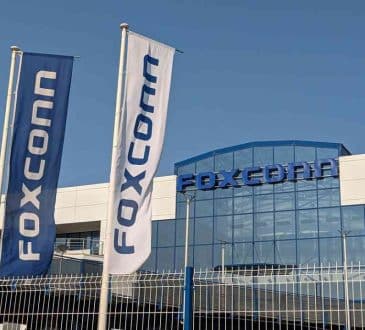Putting Work Back In It’s Place

In the fall of 2017 I traveled to Kiev to meet and interview two of the last remaining survivors of the Ukrainian Holodomor. Holodomor means “forced starvation,” and defines a period in the early 1930s during which the Soviet Communist Party intentionally killed millions of Ukrainian peasants by sequestering them and removing all possible food sources. An interesting aspect of my visit is that I had no formal link to the event or their stories other than our shared humanity. As the CEO of a lumber company in Maine, I couldn’t possibly draw a direct connection between my work and the importance of helping to preserve and understand this horrific example of exploitation.
As it turns out, I ended up writing a leadership book that included a chapter about overreaching and the historical propensity of those who hold the most power to abuse it and go too far. That chapter ended up featuring Hanna and Mykola, the two ninety-plus-year-old Holodomor survivors I met, befriended, and interviewed during my time in Kiev. Playing a small role in preserving their voice and story touched my heart and gave me strength.
All the while, our lumber company’s performance strengthened and grew. I had learned by now that giving our company a big dose, but not all, of my personal energy was improving my work performance, not hindering it. Once I realized this for myself, I wanted everyone in our company to reach the same understanding and have the same opportunity.
Years ago, as a young manager, I had watched senior leaders across a variety of industries immerse themselves in their work for decades on end. Come early; leave late; stay focused. This was how you succeeded in business. While there is no denying the value of hard work, sustained – “staying in your lane” at all times comes at a cost.
What if everybody on Earth stayed fully and only “in their lane”? As human beings, how do we even define what this means in a world where everything is related and interconnected? In the twenty-first century I have come to believe that corporations and their leaders must GET OUT OF THEIR LANE on a regular basis, and for a variety of reasons. This is exemplified by my journey to Kiev to learn more about the Ukrainian Holodomor and the consequences of overreaching.
How will we address humanity’s largest social challenges in an increasingly complex world? The traditional and highly centralized institutions of church and state are struggling to provide solutions on their own. Corporations by nature are exceptional problem-solvers and human capacity mobilizers, and their ability to do good far exceeds their core industries. Why not broaden the mission of business and combine these forces for a larger good?
Employees around the world are looking for more meaning from their jobs. Across America only one-third of all employees define their work experience as engaging. Globally that number falls to less than 20 percent. Why? The answer is that paychecks, pension plans and production cycles are simply no longer enough.
Additionally, as technology, productivity, and best business practices expand, work should take less time. As we create freed human capacity, it’s fine to reallocate some of it to producing more stuff—but what about allocating a portion of that capacity to just plain working less, thereby reinvesting our time more broadly?
I call this “putting the work back in its place.” While work is important, it shouldn’t be all-consuming. Somewhere along the way individuals have lost themselves in their work. No matter how early we start or how late we stay, there will always be more that we could do. Life is clearly about more than just work. Are we, as corporate executives, mentoring and promoting the proper path of life balance for ourselves and the people we lead?
I first uncovered the objective of working less, not more, accidentally when I acquired a rare neurological voice disorder called spasmodic dysphonia (SD) that makes speaking difficult at times. Before the onset of SD, I was the traditional, hard-charging, front-and-center CEO—presiding over all meetings, and serving as the primary voice of the company. Suddenly that was no longer possible. To take pressure off my broken voice at work, I began answering a question with a question. Someone would come up to me with a problem, and I would respond by saying, “That’s a good question. What do you think we should do about it?”
In this way I discovered that people don’t need a management-directed solution to the vast majority of situations that arise in the course of a workday. They already know what to do. Leadership is something that can be shared much more broadly than I had previously imagined. I realized that if everybody led, the workload would be lighter for us all.
Today I am a big fan of having work take less time and consume less energy. Traditionally in our industry, employees worked as much as sixty hours a week. Base pay levels were low, but because people worked so many hours, their total paycheck turned out to be sufficient in the end. Today at Hancock Lumber we have reduced our work week to forty hours in our stores, and forty-four hours in our manufacturing facilities, all while increasing everyone’s take-home pay. The worst possible pay system for the modern age is overtime, which has a backwards incentive. Making the work take less time is what we now reward.
Today I encourage all of the 525 people in our company to expand their lives beyond work and to invest more energy in pursuits that spark their hearts. While being successful at our jobs is essential for a healthy society, life is bigger than work. Today’s complex world needs CEOs who see the big picture of a balanced life, and use advancements at the workplace to free human capacity, not consume it.
Have you read?
# Largest crude steel-producing countries in the world, 2020.
# Most expensive hotels in the world for high net worth individuals, 2020
# Most traffic-congested cities in the world, 2020
# Cities around the world with the most and least stressed-out employees, 2020
# Countries most and least prepared to deal with an epidemic or pandemic like the Coronavirus
Add CEOWORLD magazine to your Google News feed.
Follow CEOWORLD magazine headlines on: Google News, LinkedIn, Twitter, and Facebook.
This report/news/ranking/statistics has been prepared only for general guidance on matters of interest and does not constitute professional advice. You should not act upon the information contained in this publication without obtaining specific professional advice. No representation or warranty (express or implied) is given as to the accuracy or completeness of the information contained in this publication, and, to the extent permitted by law, CEOWORLD magazine does not accept or assume any liability, responsibility or duty of care for any consequences of you or anyone else acting, or refraining to act, in reliance on the information contained in this publication or for any decision based on it.
Copyright 2024 The CEOWORLD magazine. All rights reserved. This material (and any extract from it) must not be copied, redistributed or placed on any website, without CEOWORLD magazine' prior written consent. For media queries, please contact: info@ceoworld.biz
SUBSCRIBE NEWSLETTER








